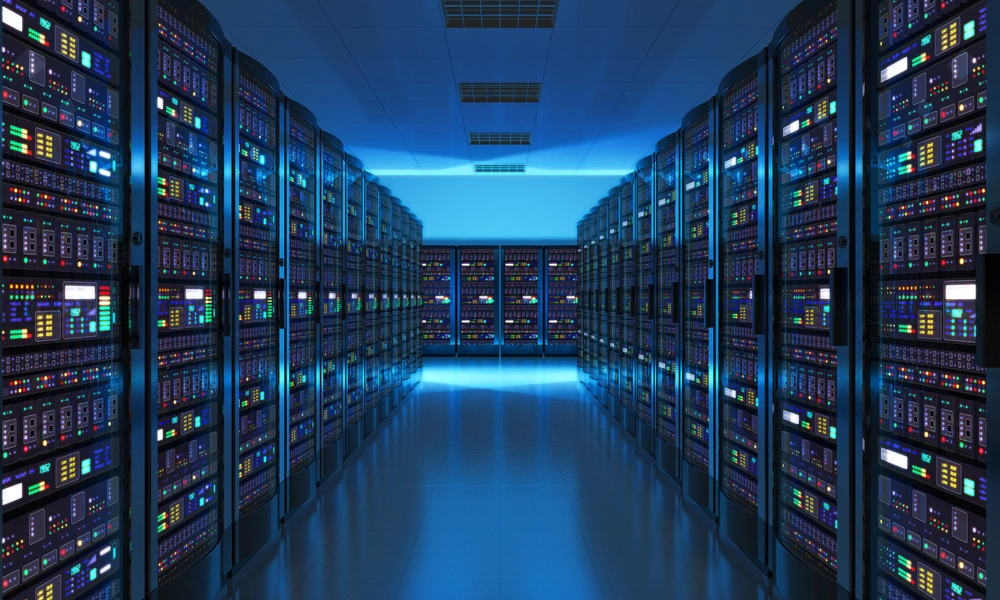Understanding the Fundamentals of Synology DS423

Digital storage has become essential in our present-day world. People require a protected and dependable location to store their files which includes photos videos school work and games. The Synology DS423 operates as a Network Attached Storage (NAS) device that functions as an intelligent external hard drive through your home or office network connection. Let’s debunk the concept for better understanding.
What is the Synology DS423?
The Synology DS423 functions as a 4-bay NAS device since it contains room for four hard drives or SSDs. Users can save and access their files through this personal cloud storage system whenever they have an internet connection. The DS423 functions as a secure file storage system which provides access to multiple devices including laptops, smartphones and tablets.
Why is the DS423 Useful?
The Synology DS423 offers users an extensive storage capacity as its main benefit. Users no longer need external hard drives or USB sticks because the DS423 enables them to store thousands of photos videos documents and games in a single centralised location.
Users can simultaneously access and utilise stored files through its network connection. The device suits various user groups including domestic families, small enterprises, and content creation professionals.
How Does It Keep Files Safe?
The DS423 implements RAID (Redundant Array of Independent Discs) as its storage system which differs from standard hard drive operation. The RAID system protects stored data from loss because the device maintains backup copies of all hard drives. The device includes encryption and cloud syncing features together with password protection to ensure file security.
What Can You Do with It?
The DS423 serves beyond storage functionality because it provides multiple advanced features. The device functions as a media server that distributes music videos and pictures directly to connected smart televisions gaming consoles and cell phones.
This device performs automatic backups which maintains the safety of essential files and documents. People utilise these devices as security camera storage systems to maintain CCTV camera recordings in one centralised location.
Final Overview: Is It Worth It?
People seeking safe file storage and sharing solutions should consider the Synology DS423 as their ideal choice. Users can easily access this device through its simple interface which provides extensive storage capabilities while maintaining complete file security.
This device serves as an excellent investment to handle digital content for educational purposes, professional use, and recreational activities. Be sure to seek assistance from experts to learn more about this topic.




